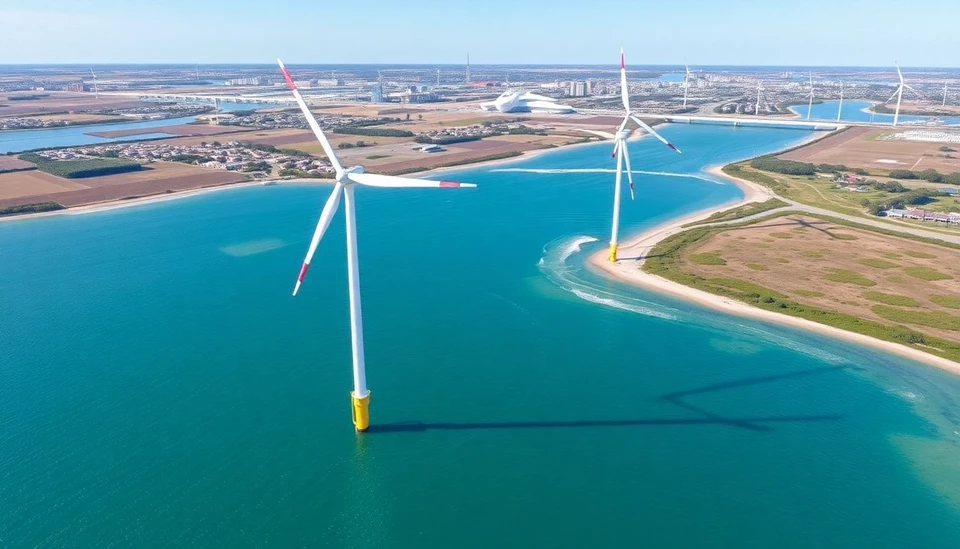
In a striking shift that could reshape the landscape of climate finance, Macquarie Group Ltd., the renowned Australian investment bank, has decided to withdraw from a prestigious consortium known as the “Banking Climate Club.” This elite coalition, originally established to steer financial practices toward more sustainable and environmentally friendly goals, has seen its membership dwindle as several major Wall Street firms have opted to exit in recent months.
This decision by Macquarie arrives amid a broader trend among financial institutions that are reevaluating their commitments to environmental, social, and governance (ESG) principles, especially in the face of rising political pressures and regulatory scrutiny. Critics argue that such withdrawals undermine the collective efforts to combat climate change, while supporters claim that the move reflects a realistic assessment of market conditions and investment priorities.
Macquarie’s retreat from the climate-focused initiative follows similar actions by major players like Goldman Sachs, which has been scaling back its involvement in emissions reduction commitments. As the dialogue around climate finance turns increasingly contentious, these exits signal a pivotal moment in the industry where financial institutions are hesitant to engage with potentially lucrative investments under the shadow of stringent climate commitments.
Industry experts are divided on the implications of this trend. Proponents of a stronger climate finance framework argue that disbanding from such coalitions removes crucial accountability mechanisms that pressure banks to finance sustainable projects. Conversely, skeptics point to the challenges posed by an uncertain regulatory environment, which they believe can stymie growth and innovation within the banking sector.
The implications of these withdrawals extend beyond the immediate financial landscape and into the broader fight against climate change. The “Banking Climate Club” was intended to unify efforts from leading financial institutions to advance the global move toward sustainability. Macquarie's exit raises questions about the future efficacy of such coalitions when foundational members prioritize short-term financial performance over long-term environmental objectives.
As Wall Street's commitment to sustainability faces scrutiny, the financial community finds itself at a crossroads, where the balancing act between profit and purpose becomes increasingly complex. This continuing trend of institutions stepping back from climate commitments represents a significant challenge for climate advocacy and sustainable investment movements, raising doubts about the triple bottom line of people, planet, and profits.
Looking ahead, observers will be watching closely to see whether Macquarie and other banks will seek alternative pathways to contribute to climate initiatives outside of formal organizations. The evolving narrative surrounding climate finance suggests that while the momentum may appear to slow, the dialogue around investment strategies and sustainable growth remains a top priority for the future.
In conclusion, Macquarie's exit from the Banking Climate Club highlights a critical juncture in the financial sector's approach to climate-related investment strategies. The push for sustainability is under increasing challenge, and the ramifications of these decisions will likely echo throughout the global financial system.
#Macquarie #ClimateFinance #WallStreet #Sustainability #BankingClimateClub #InvestmentStrategies #GreenFinance #ESG
Author: Samuel Brooks




